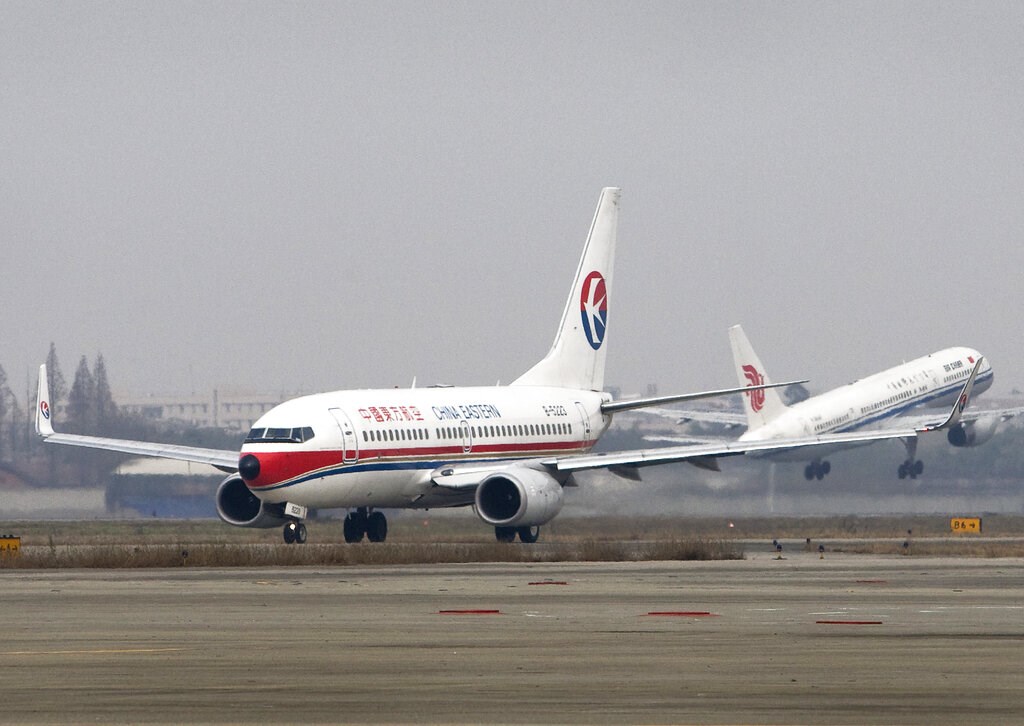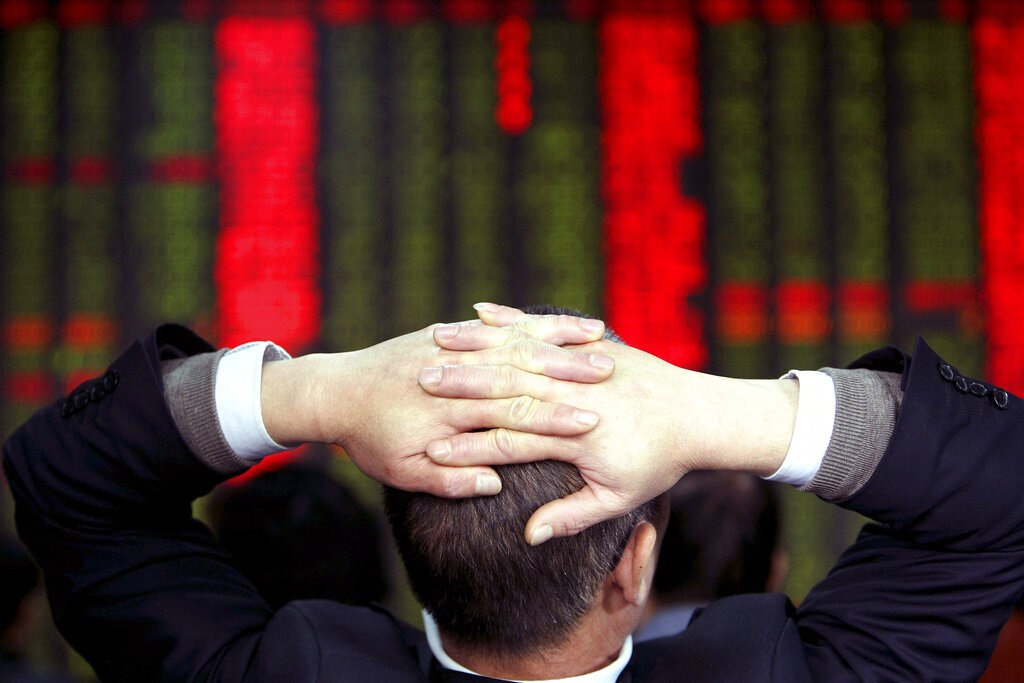
On Monday, a China Eastern Airlines (00670) plane carrying 132 passengers crashed in China's southwestern province of Guangxi. While the investigation is pending, the stock market is considering the implications of the crash, that occurred on a Boeing aircraft model that is said to be one of the safest in service.
Cheng Wang, equity analyst at Morningstar, highlights the safety record of the model, saying that the Boeing Co. 737-800 model has recorded less than 15 crashes globally after its debut in 1998.
The Boeing 737-800 accounts for about 14% of China Eastern’s fleet, and about 19% of the fleet of its peer China Southern Airlines (01055). The Boeing 737 series, including 737-700, 737-800 and 737 Max 8, accounts for 38% of China Eastern’s fleet. The 737 series accounts for 45% of China Southern’s fleet. As of this writing, China Eastern has already grounded all its 737-800s.
“Because of its small size, the Boeing 737 series service mainly the short domestic routes. At present, the regulator has not banned the model for domestic airlines. But in the case that the regulator grounds the Boeing 737-800 or the entire 737 series, the airlines will have to rely on other bigger models to fly domestic routes, which will be more costly, given that load factors remain low due to the coronavirus pandemic.’’
Investigation Pending
The Blackbox for the crashed aircraft was found on Wednesday and Wang says that if the investigation implies maintenance or other process shortfalls, it will mean bigger downside risks for China Eastern.
“We understand that the aircraft itself has been insured. Indemnity could reach a few hundred million Chinese yuan, which alone will not have a material impact on our fair value estimates. The potential regulatory actions including fines, additional security requirements, or even the grounding of aircrafts could make a bigger difference.”
Passenger confidence loss would cost China Eastern, too. “The jitters associated with flying with China Eastern, which may last over the short term, might push the airline to reduce its ticket prices to attract more traffic, which may in turn put a little higher pressure on their profit margin.”
For the longer term, when applying for new route licenses and flight time slots in the future, Wang says China Eastern could be at a disadvantage compared with its rivals Air China and China Southern. This is because safety records are a key consideration during the allocation process.
While the investigations on the plane crash will take time to complete, Morningstar analysts have kept their fair value estimates unchanged for China Eastern, China Southern, and Air China, pending further details, including the cause of the crash.
Wang expects that all three airlines would not be able to turn around within 2022 for two reasons. “Given our group view that jet fuel prices will stay high through 2022 and our expectation that China will ease cross-border travel restrictions only from the middle of 2022 after the winter Olympic games, we estimate all the three airlines will remain loss-making in 2022.”
On the positive side, jet fuel surcharges for domestic routes are applied currently, which should mitigate some cost pressure. Also, while Shenzhen was put under a citywide lockdown, Wang notes some subtle changes in official narratives about the zero-COVID policy direction. The softened tone and the less severe lockdown (compared to that seen during the original Wuhan outbreak) may imply any disruptions are expected to be shorter.
The three airlines have a similar valuation profile in their H-share listings, all trading slightly lower than our fair value estimates and having no economic moat and a negative moat trend.
©2022 Morningstar. All rights reserved. The information, data, analyses and opinions presented herein do not constitute investment advice; are provided as of the date written, solely for informational purposes; and subject to change at any time without notice. This content is not an offer to buy or sell any particular security and is not warranted to be correct, complete or accurate. Past performance is not a guarantee of future results. The Morningstar name and logo are registered marks of Morningstar, Inc. This article includes proprietary materials of Morningstar; reproduction, transcription or other use, by any means, in whole or in part, without prior, written consent of Morningstar is prohibited. This article is intended for general circulation, and does not take into account the specific investment objectives, financial situation or particular needs of any particular person. Investors should consult a financial adviser regarding the suitability of any investment product, taking into account their specific investment objectives, financial situation or particular needs, before making any investment decisions. Morningstar Investment Management Asia Limited is licensed and regulated by the Hong Kong Securities and Futures Commission to provide investment research and investment advisory services to professional investors only. Morningstar Investment Adviser Singapore Pte. Limited is licensed by the Monetary Authority of Singapore to provide financial advisory services in Singapore. Either Morningstar Investment Management Asia Limited or Morningstar Investment Adviser Singapore Pte. Limited will be the entity responsible for the creation and distribution of the research services described in this article.












.png)



.jpg)





